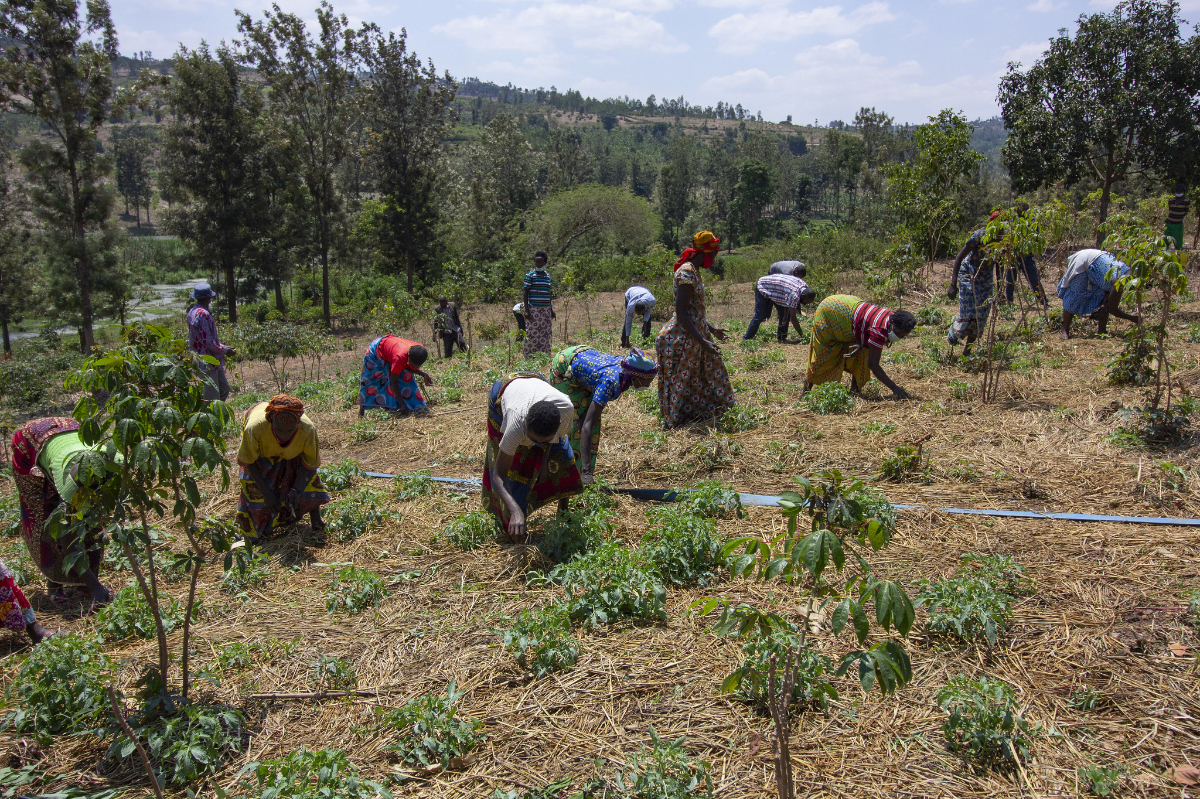
Rwanda: Promoting Equitable COVID-19 Recovery in the Informal Sector

The COVID-19 crisis is a turning point for humanity and for the world economy. Although Rwanda has had comparatively low numbers of infections, economic activity, household incomes and livelihoods have been adversely affected by the pandemic. UN Women, in partnership with UNFPA and the Ministry of Gender and Family Promotion (MIGEPROF) commissioned a rapid assessment of the gendered effects of the COVID-19 pandemic collecting accurate and timely data on the differentiated impact of the pandemic on women and men and inform gender-responsive proper policies and actions for recovery. The topics addressed in the study include: the effects of COVID-19 on domestic violence, women’s rights, access to services such as health, access to improved water, social protection and other basic services, and economic effects in general.
Read more about the assessment: https://data.unwomen.org/publications/covid-19-gender-assessment-rwanda
UN Women is promoting gender-sensitive policies and programmes ensuring that vulnerable informal workers and business owners can continue to earn a living during the pandemic and afterward. With support from the Government of Japan, UN Women and partners (NFNV, NWC, Duterimbere, Profemmes Twese Hamwe, ADEPE, RRP) employed an intersectional COVID response by targeting women whose vulnerabilities were exacerbated by the pandemic. Cooperatives targeting Women Nyarugenge, Bugesera and Karongi districts, and women informal cross border traders in restarting their small enterprises. Read more